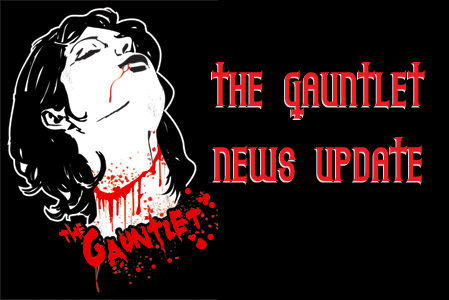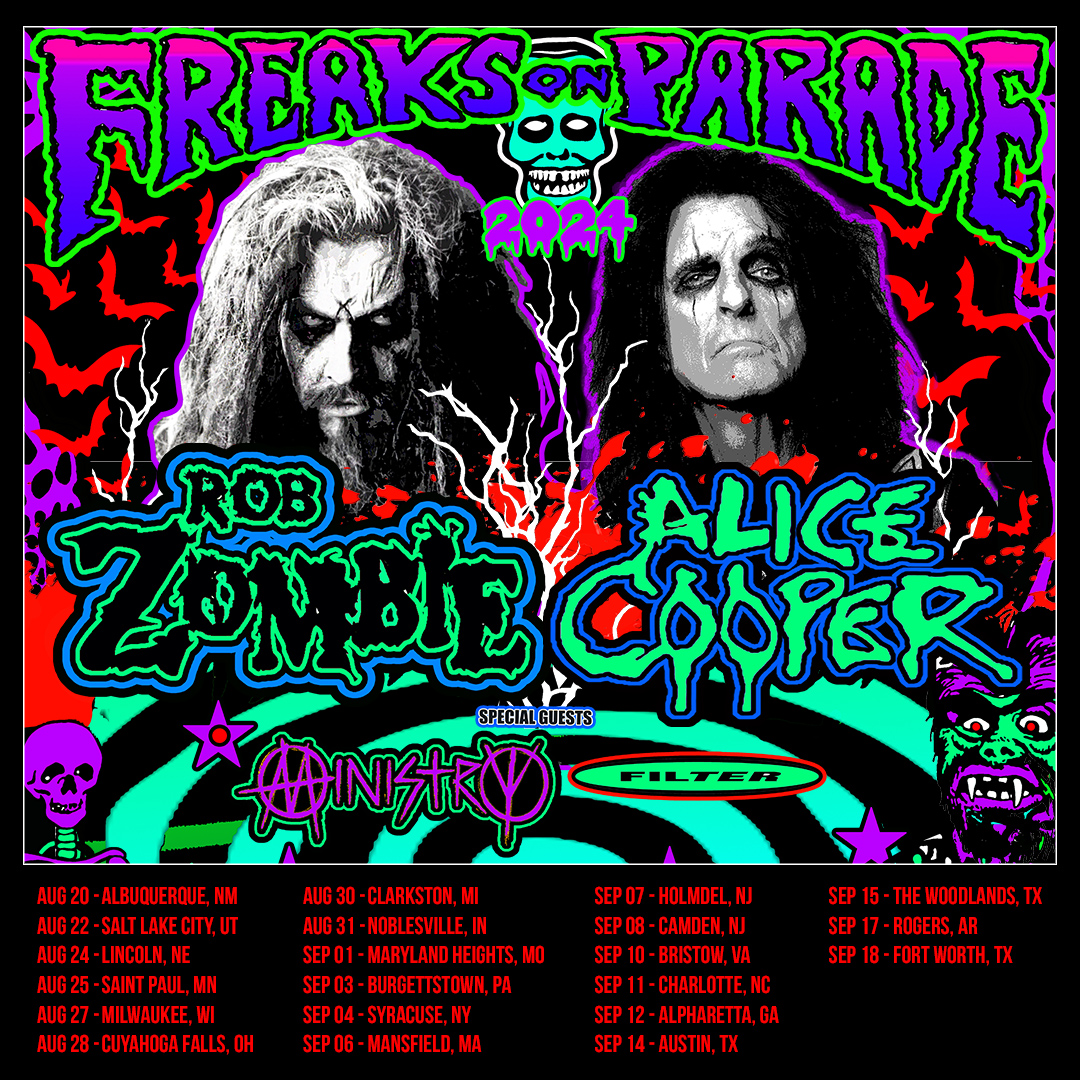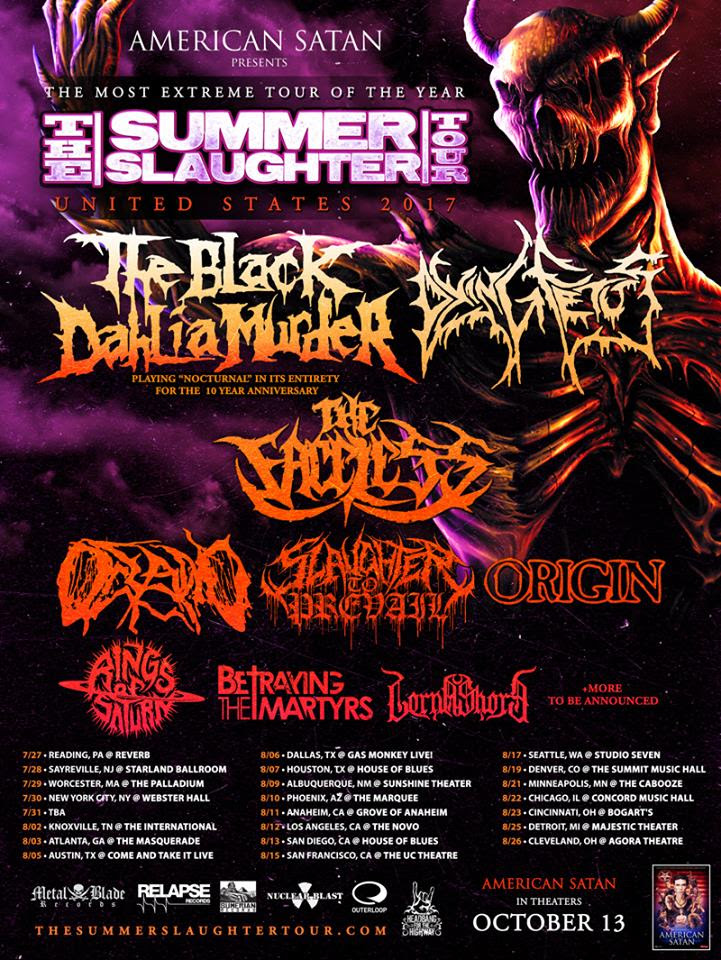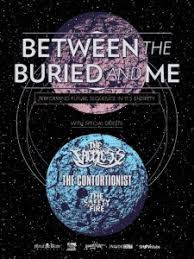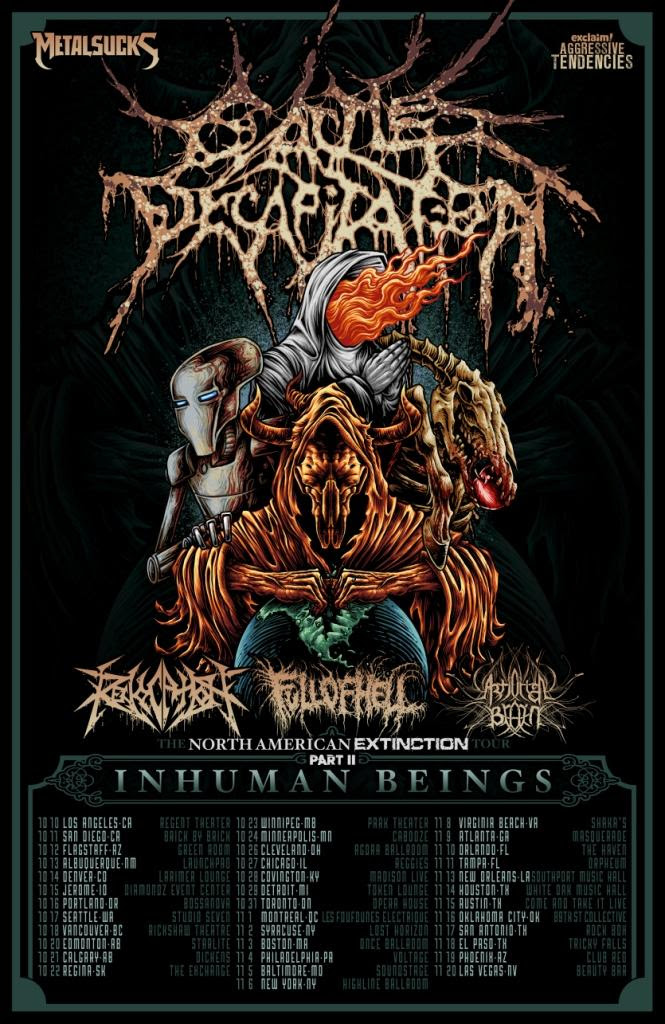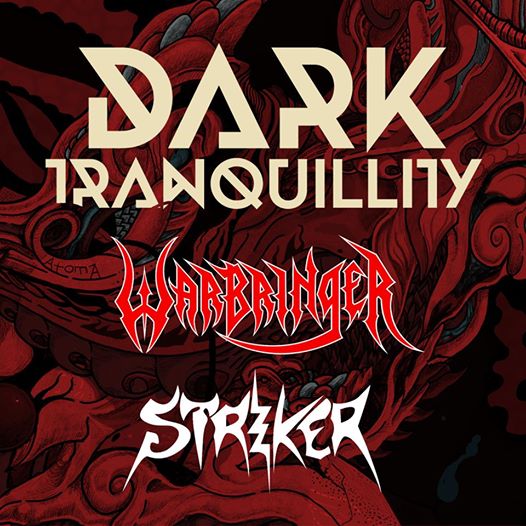Cerebus, Hellhounds from North Carolina Return! Interview
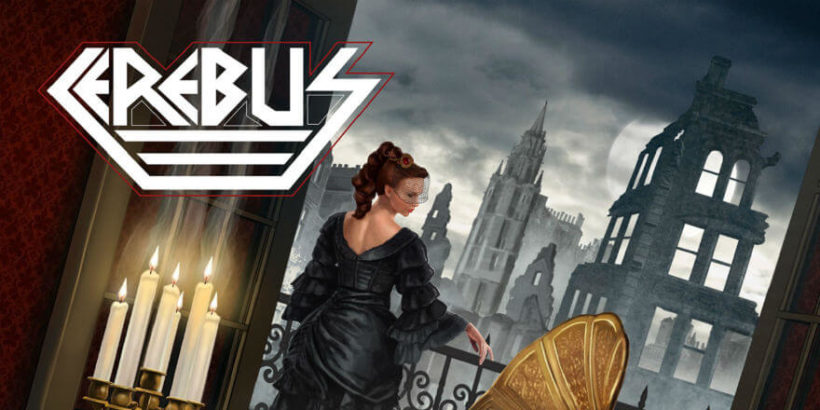 Since the 1980s there has been some good heavy metal to come out of North Carolina. Though what is interesting is that many metalheads in the state never knew some of these bands ever existed, despite the reputation the bands may gain over the years around the world long after their disappearance. It seemed as the scene changed, not many people would be interested in its history or bands.
Since the 1980s there has been some good heavy metal to come out of North Carolina. Though what is interesting is that many metalheads in the state never knew some of these bands ever existed, despite the reputation the bands may gain over the years around the world long after their disappearance. It seemed as the scene changed, not many people would be interested in its history or bands.I am not referring to that one band who got together last week and put together their after-school version of Pantera cosplay and now this weekend they have a gig at a local dive bar - maybe two more weekends and then they're gone.
I am referring to bands that really gave it a go. Bands who had demos that are now cult artifacts, bands who released albums, got out of their hometowns and toured, bands who's names actually became known to people around the world.
One of these bands was Greensboro's CEREBUS. Perhaps they are unknown to those who were not out on the local scene in 1986, but to those who were there the band is fondly remembered.
I asked singer Scott Board some questions about the history of CEREBUS, where they disappeared, and what is now going on now that "the beast is back".
Chris Matheson: It is so cool to look back on the history of a scene and watch it come around again. Thank you for taking the time to do this interview.
Scott Board: Indeed. And thank you for the interest.
Chris Matheson: CEREBUS is one of North Carolina's first heavy metal bands alongside only a few others like Maxx Warrior and Overlorde. These bands were sparse across the state.
How did the CEREBUS come together?
Scott Board: Well, Cerebus was formed first as a cover project out of the ashes of a great NWOBHM style cover group called Bastille. Around 1982, Cerebus formed as a cover project doing all the favs of the day from Def Leppard, Krokus, Saxon to Quiet Riot. Incidentally, at this time, I was playing drums and singing some songs while another singer did most of the set.
Soon thereafter, around 1984 we decided to go all original and try to go for some kind of record deal.
Chris Matheson: Did you find it difficult in the early days playing a more traditional style of metal verging into more speed metal areas in a musical climate that was more so dominated with hard rock, hair bands, and Southern rock here in the Carolinas?
Scott Board: When we began writing material for the new Cerebus band we really didn’t set out trying to be "thrash" or " speed metal", if there are really any elements in our music that could be considered Thrash or Speed, it would be more about the tempo of the songs and the use of double bass drums techniques with the drumming.
However, most all Cerebus music is heavily influenced by classic Judas Priest, Riot, Saxon, UFO, early Krokus, Thin Lizzy, and Deep Purple.
The local and regional scene at the time we started doing original material for Cerebus was ready for a band to break thru on a somewhat bigger level. Lots of cover bands were still in place and drawing well because the MTV metal scene was still driving all the local scenes around the country.
Chris Matheson: The band’s first recording for a label debuted on a compilation record called “Satan’s Revenge” released by at the time, young label New Renaissance Records in 1985 How did the inclusion of ?Fight the Beast? come about?
Scott Board: In late 1984 as we were doing the recording of some of our new material, Eric came into the studio one night and showed us all an ad in the back of Circus Magazine it was for an independent label who was looking for metal bands for a compilation album. The album was to be a "satanic “themed LP complete with added backward masking etc. Warning labels would adorn the front cover. It was a sure-fire sell to new metal fans and disgruntled teenagers
Our song ‘Fight the Beast’ was chosen to be put on the album. Ironically, the song’s lyrics are about fighting against all the satanic type content and about the warning not to get caught up in all that garbage.
Chris Matheson: Bands from the 1980s often speak about how difficult it was to get label attention being from certain areas of the country. Being from North Carolina, did CEREBUS have any difficulty attracting attention from labels?
Scott Board: It was terribly hard to get any type of label attention back in those days especially being from the NC area. However, I guess it was really luck of the draw that we came across New Renaissance Records being interested in us and we pretty much went with the first label interest we came across. So, it didn’t take us too long to get things rolling.
Chris Matheson: In 1986 the band’s first full-length album “Too late to Pray” was released through New Renaissance Records. How was the record received both at home and the rest of the country?
Scott Board: When the “Too Late to Pray” album was released it was received really well both at home and worldwide. I think it was popular mainly because of the good press that NRR got us in interviews and reviews. It really took us to a different level seemingly overnight.
Good word of mouth is everything.
Chris Matheson: The relationship with New Renaissance would be short lived. What caused the parting of ways? Were they not interested in doing a follow-up release?
Scott Board: As our relation with NRR, it was all good but as the band started getting airplay, sales, and fans overseas there were a lot of cool offers coming in to go over there and do shows; some big shows too, some festivals with some of our heroes such as UFO and Scorpions.
We had no tour support from the label and no real management behind us at the time. Couple that with the fact we were in debt for the money to record the first album, both the band and NRR decided to go separate ways after only one album.
It was an amicable split all around. This would free the band to shop ourselves to possibly other labels that might supply tour support or help from management. The decision to do an EP rather than full-length LP for “Like a Banshee on The Loose” 1987 was more of a financial one.
Chris Matheson: The band wasted no time recording and releasing the “…Like a Banshee on the Loose” EP the following year on the band’s own Rockduster Records. Would the EP see a wide release, and did the band find that it was easier to do on your own with the support of a label?
The band would also replace original drummer Joby Baker around this time. What would bring this about?
Scott Board: Joby was a great friend and fantastic drummer. Around the time we were about to write and record our “Banshee on The Loose” EP, Steve Arnold, a highly proficient player known for his lightning fast double bass drumming attack and Neil Peart-like styling when writing drum parts, had just come off the road with a successful cover/original project called "New York", and was looking for a high-profile gig back home.
We were all aware of the strength of some of the drummers that were out there in the bigger bands in our genre. We were also aware of how very strong that made these band’s rhythm sections both on record and live.
The decision to replace Joby wasn’t a personal one, it was simply a move forward or move up if you will. We needed a drummer who could literally "hang" musically with those pro drummers that were out in our genre at the time.
We simply were making the band stronger to stand up to the other bands.
Chris Matheson: Over the next few years, the band recorded some demoed tracks. By this time in the late 1980s/early 1990s, it was becoming more and more difficult for heavy metal acts in the country.
Was there any interest in the group to shop the material around?
Scott Board: Yes, throughout the remainder of the 80s Cerebus kept shopping our material anytime we could to contacts to labels or management. We’ve always been proud of each era of the band and were confident thru all periods that there were fans that would enjoy the individual styles we were putting out.
In 1991 you released another EP titled “Regression Progression” again on Rockduster. These five songs would begin to show a change in direction from the earlier brand of U.S. power, style keeping a slight NWOBHM influence, but certainly heading toward a more classic hard rock sound.
What brought about the change in the band’s direction?
Scott Board: By the time we reached the Regression Progression era 1990/1991, we definitely were progressing stylistically while regressing back to our roots. Inevitably what we as a band listened to personally have always influenced our songwriting.
Nothing new musically coming out was turning us on as much as some of the cool bands so we went back and rediscovered during this time bands like UFO, Deep Purple, Whitesnake, Thin Lizzy and the like. These influences were certainly evident on the new EP for 1991.
Chris Matheson: Throughout the remainder of the 90s, not much would be heard from CEREBUS. Meanwhile, the band were gaining a reputation throughout the metal underground all over the world with fans and collectors who at one time were paying hundreds of dollars for “Too Late to Pray”;
Were the members of the band aware of this happening? What did you think when you realized it and what would you attribute it to?
Scott Board: Throughout the remainder of the 90s after Cerebus, all of us remained close friends as always. A few of us went off and did some different projects but we did, however, work together and write and record together during the 90s in a very blues laden four piece called Shinkicker. It was a very Rory Gallagher influenced project, hints the name some might guess.
Imagine Rory’s music with a Paul Rodgers (Bad Company) style vocal.
We did several live shows in fact with me on drums and vocals. We would continue to collaborate up until we did our 2004/05 demos.
“Regression Progression” did get some airplay with some of the markets we had gotten earlier on however would mostly be sold to fans at live shows locally to NC or sent out thru the mail.
Through all of this time period, I always had my ear to the ground so to speak keeping up on what was going on in the Metal and Hard Rock scene. When the internet came into play I was probably more visual online than the other guys so, time and time again there were always offers that would come my way to reunite Cerebus in some sort of form, if not all original lineup to participate in regional Metal shows or Festivals abroad.
I was also aware of the huge underground collector’s market for Cerebus albums tapes and virtually anything to do with the band. I would always tell the rest of the guys but there really seemed to be very little interest in the part of the original lineup in trying to go back and do Cerebus music again and actually it can be quite daunting to take on that task.
I would attribute the fact that Cerebus was introduced to the metal world by having great press and airplay thru the record label as one of the main reasons as to why we got known in our genre fast. However then after parting ways with the label, we sort of went way underground and it then became very difficult to find anything on the band thus becoming a collector’s item in the process to hardcore Cerebus fans.
Chris Matheson: In 2005 the band recorded another handful of demos that would turn out to be the last songs recorded with your late guitarist Chris Pennell. These songs see the band going into even more of a classic hard rock direction showing influences of Deep Purple, Uriah Heep, and perhaps King’s X.
These songs would never really get out; what was the reason for not releasing this material back then?
Scott Board: I, Eric, and Chris would continue to write record and play live locally as Shinkicker our very Rory Gallagher type influenced blues rock trio with me on drums and vocals.
Around 2004 we began work on demos for new 8-songs that Eric came in with.
As always what we were into and listening to at the time influenced our writing. Anything else would have been somewhat contrived really. So the new songs would remain in the hard rock rhythm and blues styling but also much more melodic driven, especially with my vocals.
Some of the vocal harmonies are reminiscent of Uriah Heap. Some lead vocal stylings much like Doug Pinnick of Kings X. There’s even one rocker, my favorite, called “Don’t Speak for Me” with big Chapman era UFO influence that is evident on that one.
Andy Huffine our Cerebus guitarist actually played the drums on all the songs except for “Don’t Speak for Me”, which I played drums on.
Many of the songs were engineered and produced by Chris Pennell and our longtime friend and sound-engineer John Robbins at his home studio.
We really had no plans immediately for releasing the material. Inevitably momentum on it would fall off somewhat. And the tracks would only be mastered by Chris Pennell and put on CDs for band members and others involved. We are extremely happy Jeremy Golden at Heaven and Hell Records wanted to use the ‘05 Demos as extras to the “Regression Progression” re-release package. These songs were, in fact, the last recordings we ever did with Chris before his death in 2010. And these were some of Chris' proudest moments he put on record. He was very proud of all these tunes and would be very happy to know they’re finally coming out!
Chris Matheson: In 2009 a Greek label put “Too Late to Pray? on CD. There was much debate over this being an official release or not. This release would send the owner of your old record label New Renaissance on an absurd witch hunt. Was the band aware of this and if so what did you all think?
Scott Board: As far as the 2009 release on CD that came out I wouldn’t consider it an official release so to speak. I was very excited when the company who put it out contacted me saying they were going to do it and would I be interested in writing liner notes for it?
I myself have no rights to ownership of the Cerebus catalog so I Scott Board couldn’t give "official" permission to do it.
However, I WAS happy that the material was finally seeing the light of day onto CD. At the time I thought it was pretty cool that it was coming out. So yes, we did know but it wasn’t an official release. The new rereleases and packages from Heaven and Hell Records are far superior in sound quality and the total package being offered, like a Cerebus Box Set, both the new releases are must have.
Chris Matheson: In 2010 Chris Pennell’s life was tragically ended. How did this affect the band and any decisions to carry on?
Throughout most of the 2000s, the band has been absent from both the local scene and the metal/rock scene, in general, Where has everyone been?
Scott Board: Indeed, the passing of our friend and guitar player Chris Pennell in 2010 truly took the wind out of all our sails as a group even though at that time we weren’t functioning as a band, we were still really close other careers and family commitments would be the forefront during the late 2000s. After the death of Chris, Cerebus could seemingly never be Cerebus like we once were.
As far as where band members have been musically since early 2000's, the other guys have pretty much been pursuing other career paths and as far as myself, I’ve never really good at anything other than music. So, I have remained in countless higher profile cover acts as well as some tributes such as Still of the Night tribute to Whitesnake. Also, I am currently with the Florida-based band, In the Light of Led Zeppelin- obviously a Zeppelin tribute and only Page/Plant tribute to the solo years.
Chris Matheson: Now in 2017 the beast is back; CEREBUS are reforming and have a few things in the works. So let’s speak first about the re-mastering and re-issuing of the CEREBUS catalog. North Carolina-based label who has worked with other local bands such as The Reticent, Dogbane, and salvación among others are releasing both “Too Late to Pray” and “Regression Progression” in limit CD pressings, both full of extras. So tell us how this all came about? Will the fans finally be able to get proper re-issues?
Scott Board: Jeremy Golden at Heaven and Hell records has been on me for a long time about doing some sort of reunion with the band or in the very least reissuing the old material
Finally, this past year after I approached Eric Burgess about doing the reissues and also about possible live shows I was surprised when he said he was very interested so we were off and running at that point.
At this time, the reissues are out and available for purchase. There is, however, a limited number of pressings and a limited amount available and the packaging is fantastic with lots of extras including our unreleased 2005 demos, the last recordings with Chris.
Chris Matheson: The project appears to have been worked on by some local talent including your long time engineer Tom Bower, well known local engineer Jamie King, and local artist Wayne Miller who did a great job paying tribute to Chris as well as a nod to the first album cover. What are your thoughts on the final outcome and was it purposeful to just work with people in North Carolina?
Scott Board: On the reissues, our longtime producer engineer and publisher Tom Rowan did an excellent job with the remastering on all the material -The Something More 2005 demos, Jamie King did the re-mastering on with remarkable results. Tom and Jamie are part of the Cerebus family and it only felt natural for them to be a part of the reissues.
The artwork was beyond our expectation. We were really touched by the tribute to Chris on the cover; it was such a heartwarming and tasteful homage to our friend… if not for Chris there
Would not be Cerebus.
What Wayne created was classy, elegant, and so tasteful. The concept is somewhat paradoxical in how it relates to the first album cover, the songs in our catalog, and the title “Regression, Progression’.
It obviously came out of the mind, or minds that think beyond just slapping a dragon or barbican on the cover and calling it a day.
Chris Matheson: Currently, there is a CEREBUS line-up together but not with all original members. What was the reason behind not bring in the original line-up?
Scott Board: The current Cerebus lineup is stellar. You can trust we will uphold the great musicality of the band. On guitars now are Reid Rogers who is also in salvación and Knightmare, and Elio Romero as well as “Like a Banshee on The Loose” drummer Steve Arnold.
The only two remaining original members are I and Eric Burgess on bass. Eric and I were always the main contributing songwriters in Cerebus and continue to collaborate as writers. In fact, fans can definitely expect new music from Cerebus in the near future! We look forward to making that a reality.
Andy Huffine, our other original guitarist had to decline to do the reunion unfortunately due to career commitments, however, he may possibly be joining us as a special guest on stage on some shows in the near future.
Chris Matheson: The band is slated to play Legions of Metal fest next month in Chicago, sharing the bill with such legendary acts as Armored Saint, Diamond Head, and members of Man-o-war. Word on the streets is the band has a prime slot and attentions are focused on you guys. How do you feel about this opportunity and is there any pressure? In the words of Armored Saint, “can you deliver the goods?”
Scott Board: We are so stoked and very much looking forward to playing the festival in Chicago. It’s such an honor to be playing with such great acts as Armored Saint and we are very excited to get such a prime spot. We will be playing the debut album “Too Late to Pray” in its entirety along with a couple of additional surprises so if the fans enjoy the show as much as we are enjoying playing these songs again, then they are in for a real musical treat.
Will there be any shows here at home?
Scott Board: There are definitely plans to play some regional shows this summer and fall.
Chris Matheson: How do you all feel about everything going on; overwhelming, disbelief, or is it like “whatever”? Did you think this would ever happen?
Scott Board: The situation with our band right now is very surreal almost like starting over again in 1986.
Chris Matheson: What other plans are there for the band? Is the beast ?truly? back?
Scott Board: We are both happy and excited to see where the future leads us from here but both Eric and I are determined to take it as far as we can there will the other festival appearances for sure including the just announced Keep It True Festival in Germany next April.
We are starting to write new material in the old-school Cerebus vein although we don’t have concrete plans on releasing new music just quite yet, we are excited about the possibilities - we are also concentrating on getting back out and kicking the fans asses with some great live music - see you on the road this year!
The Beast is truly back.
Read More News
Tags: Interview, Cerebus, North Carolina, Scott Board, NWOBHM
Chris Matheson September 16, 2017

